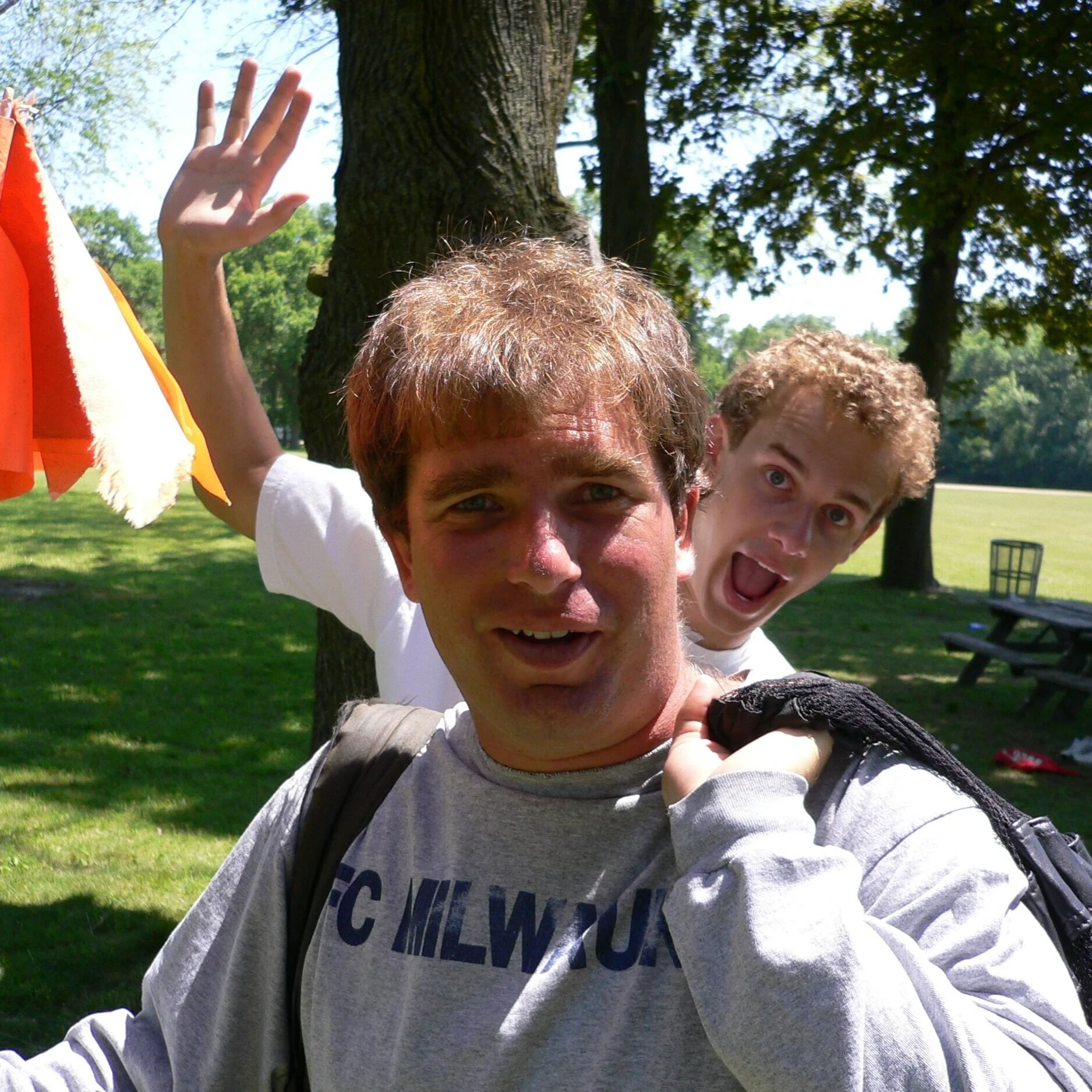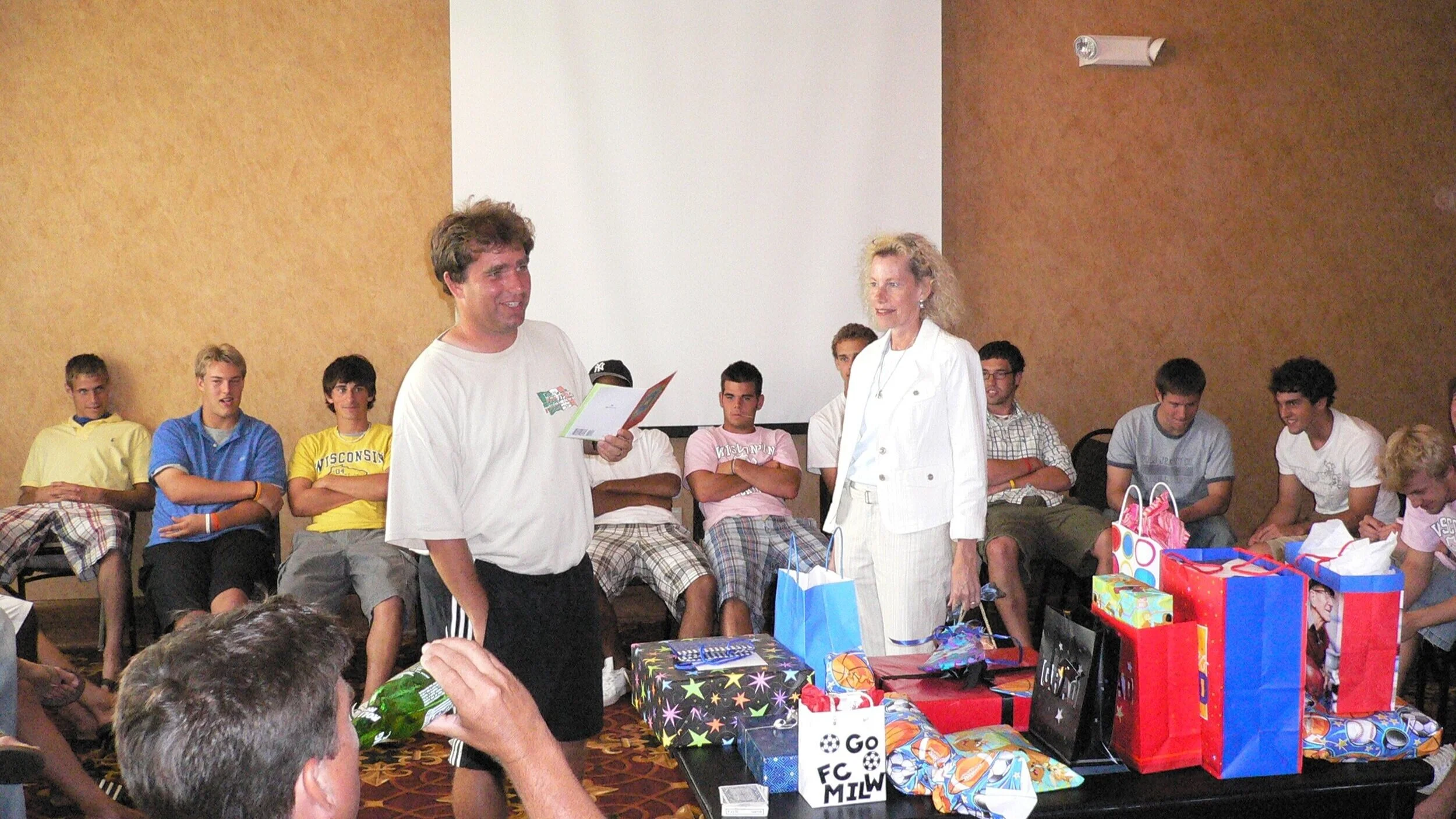I Wish We Would Have Gotten Him Earlier
For most of my working adult life, I’ve been primarily a club soccer coach with brief stints at colleges and high schools along the way. When you coach at a club, that is, a regionally or nationally ambitious club, your teams evolve and change over the years. My most talented boys team had five players from its original U11 team and new players trickled in year after year until our team became nationally competitive. And though I’m not certain of this, I’m certain of this; with each new player that joined the team I probably uttered the phrase, “I wish we would’ve gotten him earlier.”
Now, as a college coach whose main role (let’s be honest) is recruiting, I find myself hearing this phrase constantly.
Me: “What do you think of Niels?”
Club Coach: “He’s good. Good engine, pretty technical. I wish we would’ve gotten him earlier.”
“I wish we would’ve gotten him earlier.” I hear this phrase so regularly, I decided to write about it. After all, I’ve received it in emails, texts, faxes, over the phone, in person, air mail, telegram, in sign language, insinuated with a few head and eye rolls. Just the other day I asked a club coach about a player who recently joined his team and he began saying, “I wish we would’ve gotten…” and abruptly stopped upon realizing the kid’s former club coach was part of our three person conversation.
It may be one of the oldest coaching phrases known to man. When, in 490 B.C., the Greek messenger Philippides ran 26.2 miles back from the Battle of Marathon to report the Persians were defeated and then instantly died, the Athenian Commander said, “I wish we would have gotten Philippides earlier. With proper interval training and less red wine in his diet, he’d still be alive.”
I heard Pop Warner said it about Jim Thorpe, Red Auerbach about Bill Russell, Paul Brown about Jim Brown, Rinus Michels about Johan Cruyff, Bobby Knight about every player he ever coached, and when Brooklyn Dodgers head coach Burton Shotton was asked what he thought of his team’s newest player, Jackie Robinson, he said, “Good player, I wish we would’ve gotten him…” and then paused because, well, that would’ve been awkward.
On the one hand, why wouldn’t a coach say it? If they believe in their coaching ability, they should say it. Does it mean their dismissing the experience or teaching the player received previously? Yes. A lot of times that’s exactly what it means.
I’m older now, maybe wiser, maybe humbler, or maybe I just don’t mind saying other people do a good job. Some of my best attacking players joined our teams late and arrived with a full complement of confidence and attitude to take on every opponent and every shot. Would they have developed the same approach on a better team with more players competing for the ball? Maybe I, and my team, were better because they showed up later. Maybe the player was as well.
Pre-Covid, I tried to have a breakfast with a local coach every few months. My breakfast partner has done and seen a few things and provides some thoughtful and pointed critiques of players and coaches. One day he talked about a player and the sometimes maligned coach of the player. “That kid is much better for having him as a coach,” he said. He expounded on his premise and, as usual, made perfect sense. The sometimes maligned coach tapped into the player’s psyche and had the player playing at his best-ever level despite whatever shortcomings other coaches thought the coach possessed.
Maybe we can believe in ourselves without dismissing the skills, abilities, and contributions of everyone else. As my wise Spanish teacher once told me, “Muéstrame a un hombre que lo sabe todo, y veo al hombre que no sabe nada en absoluto.”
To which I replied, “I didn’t understand a word you said.”
“Show me a man who knows everything, and I see man who knows nothing at all.”





